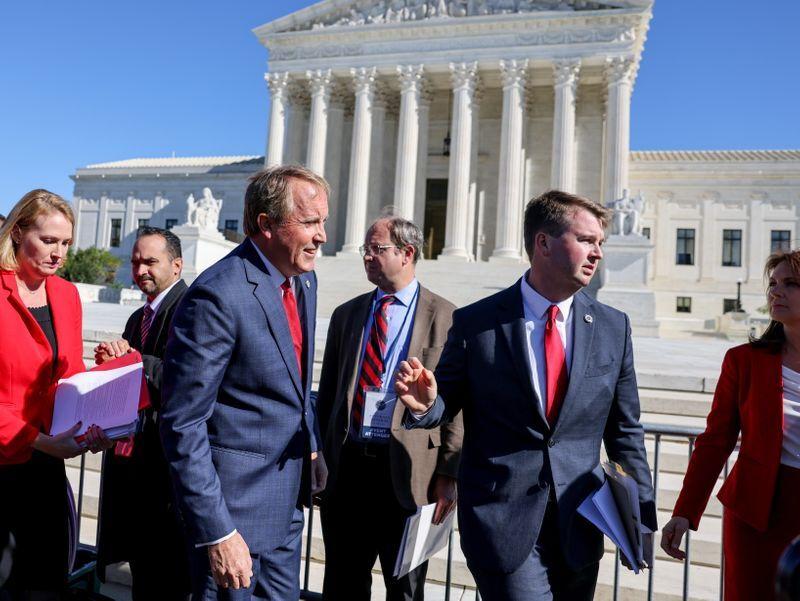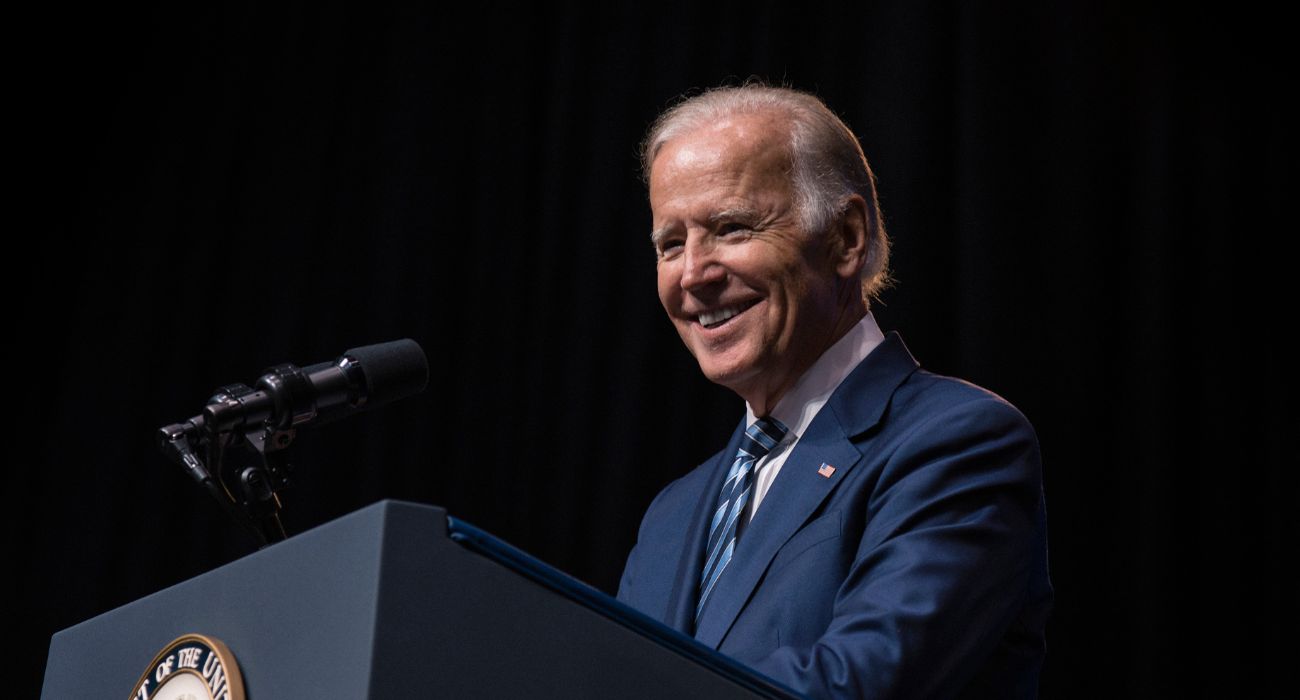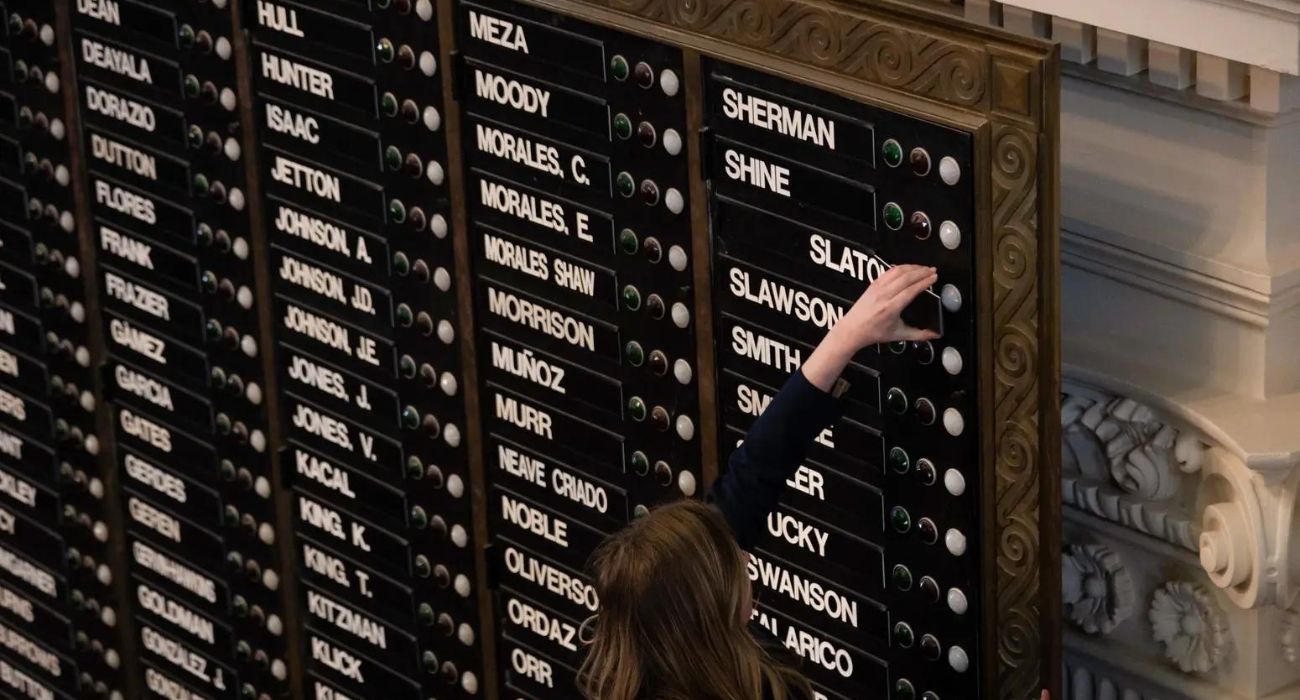The Heartbeat Act (Texas SB 8) journey has been very eventful, and the arguments aren’t over yet. On November 1, 2021, arguments regarding the bill progressed to the Supreme Court.
The Supreme Court of the United States heard arguments on the constitutionality of this anti-abortion bill. Many think the way they decide on this issue will set a precedent for how the courts will decide when they review the historic Roe v. Wade in precisely one month from their review of the Heartbeat Act according to MSNBC’s coverage of the Supreme Court hearings.
But why are the arguments against the Heartbeat Act being heard now, after it’s been in legal effect since September? Generally, laws like the Heartbeat Act will be appealed to the Supreme Court before the day that they would become state law, and the law is put on hold until the arguments are heard.
This time, the Supreme Court refused to hear arguments on this bill because of the unique way the Heartbeat Act is structured. The Heartbeat Act bans abortions after a heartbeat is detected by allowing civil lawsuits to be filed against the abortion providers and anyone involved in helping a woman get an abortion after that heartbeat is detected.
The Heartbeat Act is far from typical; it can only be enforced by “private civil actions,” which means no public officials (usually the enforcers of similar laws) will be involved in the enforcement process at all. Because no public officials would be in charge of enforcing the law, the Supreme Court decided to hear arguments on the issue before the law went into effect.
Now, the argument being heard is whether or not anyone has the standing to challenge the law in court because of its unprecedented enforcement structure.
According to the Daily Signal, “Texas argues that its new law does not prevent the courts from deciding this underlying constitutional issue. The enforcement mechanism simply prevents blocking the law before it is enforced, but abortion providers can still claim the law is unconstitutional should it be enforced against them in a private civil action.”
The arguments by opposition to the bill say that it is exploiting a loophole in the court’s current Roe v. Wade precedent banning states from enforcing laws that limit abortions before viability (or when a baby can live on its outside of the womb) since the enforcement structure means that the states themselves aren’t enforcing the laws.
Surprisingly, Justice Brett Kavanaugh noted the loophole and even hinted at the idea of ruling to close that loophole in the future.
Conservative activist and independent journalist Vianca Rodriguez explained to the Dallas Express how the bill’s nontraditional enforcement structure was strategic, “The point since the get-go for this legislation was to prevent it from being immediately challenged or struck down by the Courts. The bill had to be constructed in an unconventional/creative manner, otherwise, they would have been automatically struck down due to complicated Roe v. Wade existing precedents.”
This echoes the idea that many pro-abortion activists are afraid of: the rulings on the Texas Heartbeat Act could signify new threats to Roe v. Wade.
Though the courts have yet to decide on Texas SB 8, with the Roe v. Wade review coming up in December, Texas and the rest of the United States are in for a turbulent and potentially historic season of court rulings over the next several weeks.






